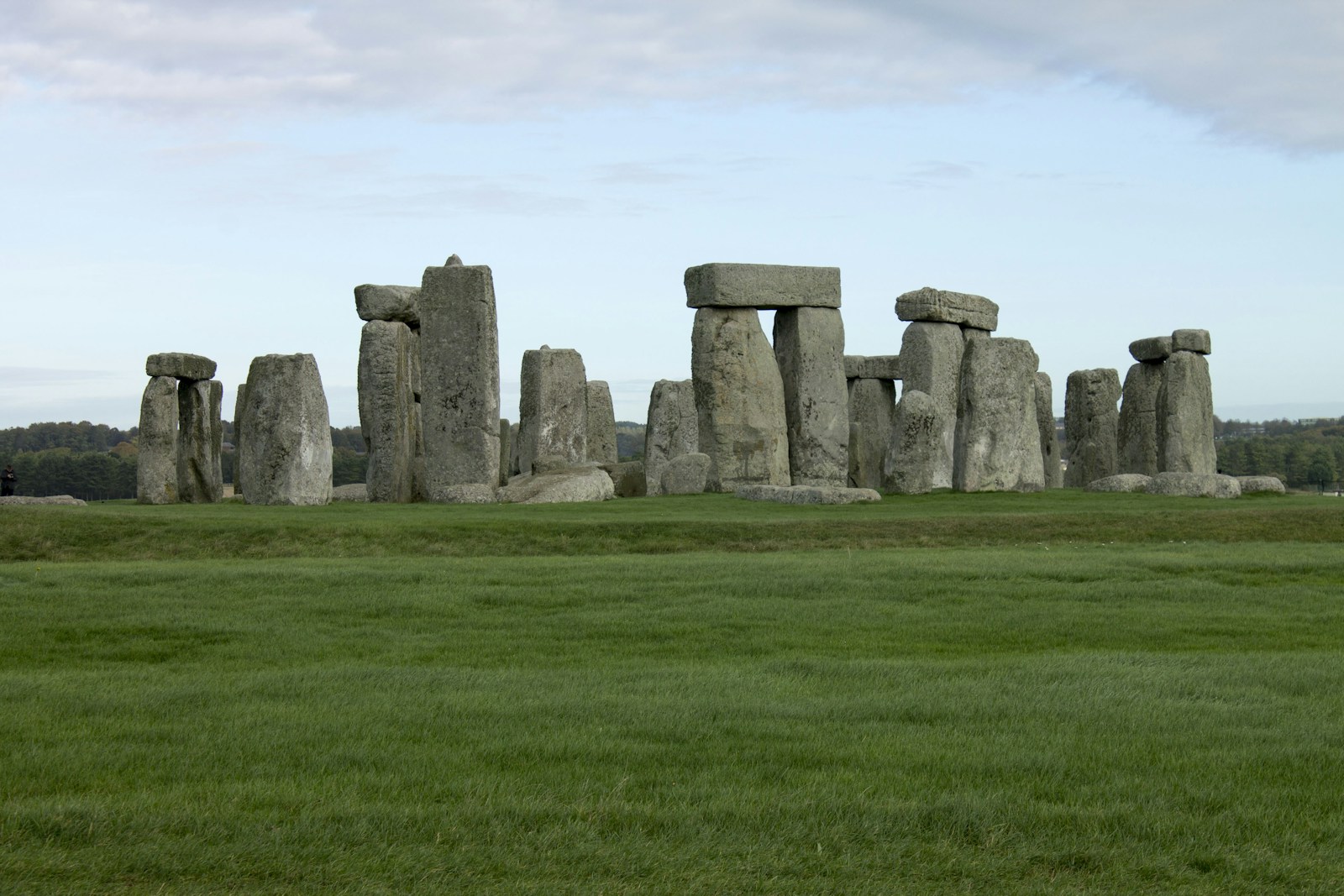
年龄
nián líng

age
In Chinese, the word for 'age' is '年龄'. It is used to denote how old someone or something is. For example, to say 'My age is 20', you would say '我的年龄是20'. It can be used in a variety of contexts, exactly like how we use 'age' in English.
Example sentences using: 年龄
年龄是不是问题。
Niánlíng shì bùshì wèntí.

Age is not a problem.
This phrase implies that age should not be a determinant or a barrier in any situation.
你的年龄是多少?
Nǐ de niánlíng shì duōshǎo?

What is your age?
A simple and direct way to ask for someone's age in Chinese.
我今年的年龄是二十岁。
Wǒ jīnnián de niánlíng shì èrshí suì.

My age is twenty this year.
Expressing your age in Chinese usually involves stating the current year.
他的年龄比你大两岁。
Tā de niánlíng bǐ nǐ dà liǎng suì.

His age is two years older than you.
The comparative form is often used in Chinese to express differences in age.
年龄大不代表你聪明。
Niánlíng dà bù dàibiǎo nǐ cōngming.

Being older doesn't mean you're smarter.
This phrase is a caution against equating age with wisdom or intelligence.
他的年龄和我相同。
Tā de niánlíng hé wǒ xiāngtóng.

His age is the same as mine.
This is a simple expression to communicate that two people are the same age.
年龄只是一个数字。
Niánlíng zhǐshì yīgè shùzì.

Age is just a number.
This phrase is often used to argue that a person's age does not limit their capabilities or potential.
年龄小不代表你幼稚。
Niánlíng xiǎo bù dàibiǎo nǐ yòuzhì.

Being young doesn't mean you're immature.
This phrase explains that one's age doesn't necessarily correspond with their maturity level.
不要因为年龄放弃你的梦想。
Bùyào yīnwèi niánlíng fàngqì nǐ de mèngxiǎng.

Don't give up your dreams because of age.
This phrase encourages people not to let age become a barrier in pursuing their dreams.
在中国,问年龄很常见。
Zài Zhōngguó, wèn niánlíng hěn chángjiàn.

In China, asking age is very common.
This phrase reflects the cultural norm in China where age is typically openly discussed.